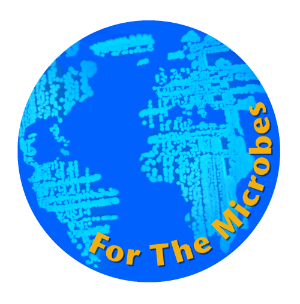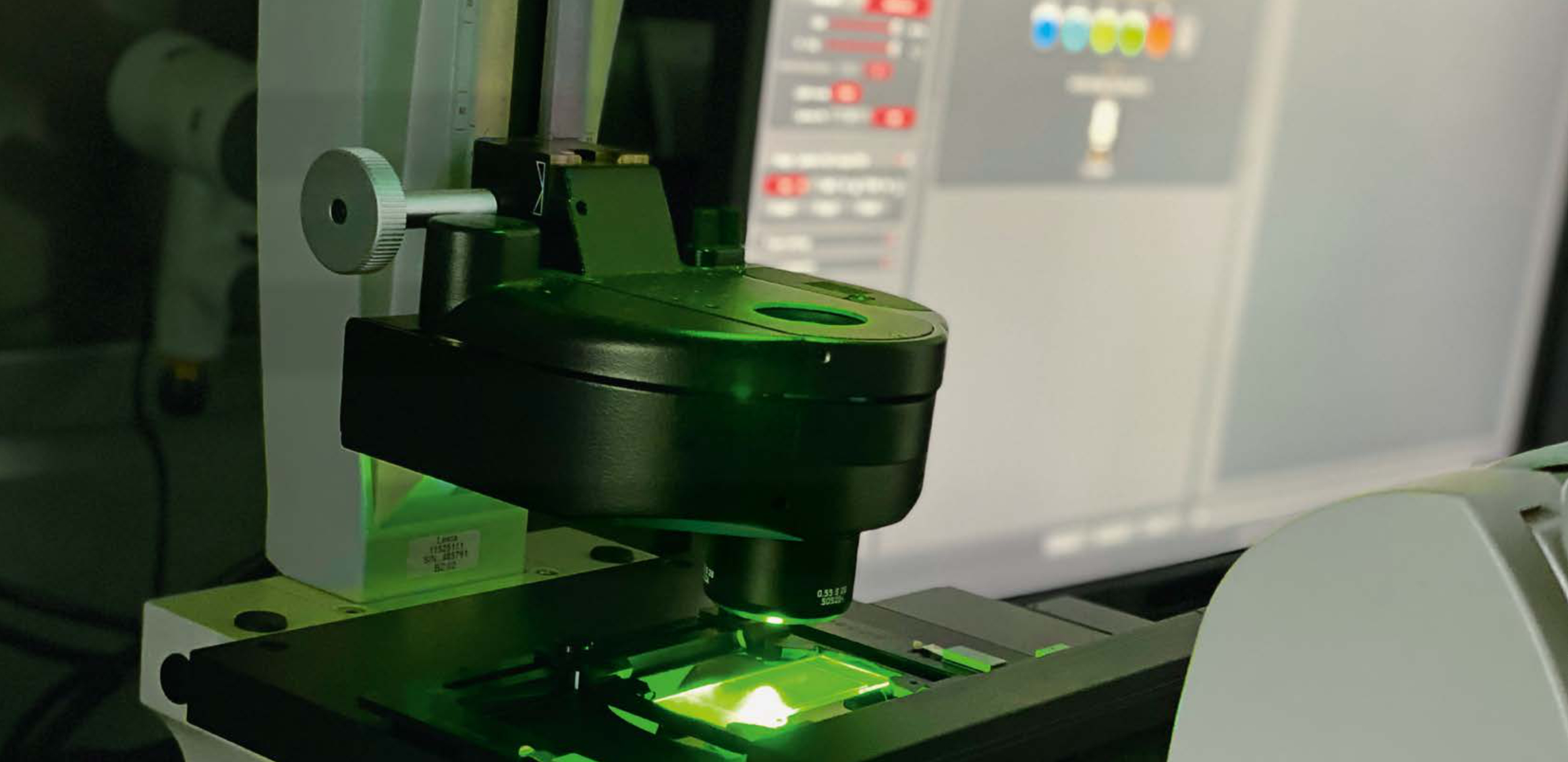The 1st semester starts at JGU with the module “Basic Methods and Lab Skills”, in which the students are brought to an equal level of methodological skills in microbiological, molecular biological biochemical and biotechnological lab methods. One of the two modules “Fungal Physiology” and “Biomolecular Interactions” is mandatory in the 1st semester.
The 2nd semester takes place at UBE and consists of three modules, which convey advanced knowledge in the topics of Microbial Ecology, Microbial Interactions and Signal Transduction as well as Environmental Microbiology to the students . An « Auxiliary Module » presents general skills needed to manage research projects and to use research results in an industrial context. In addition, a module on French language and civilization will be offered to non-French students.
The 3rd semester lays focus on two research internships that can either be performed at JGU, UBE or elsewhere. The students work on a small project of actual basic or applied research.
In the 4th semester, the experimental part of the master project will be carried out either at JGU or UBE and the Master thesis will be written. Finally, an annual symposium will take place alternatively at JGU or UBE, where the students present their thesis via a scientific poster to the colleagues and supervisors. In parallel the final examinations will take place.

Study plan and Degree requirements:
Semester 1 (JGU) – 900 h, 30 ECTS:
- Basic Methods and Lab Skills (MIC 1a): basic laboratory technical skills (PCR, Cloning, SDS-PAGE, Western blot, protein purification, HPLC). Practical course, seminar and lecture, mandatory course (15 ECTS)
- Module “Fungal and Molecular Physiology” (MIC 1b): molecular manipulation of filamentous fungi, molecular biological methods in a modern molecular biological lab, physiological studies. Practical course, seminar and lecture, elective course (15 ECTS)
- Module “Biomolecular Interactions” (MIC 1c): protein-protein interactions, protein DNA-interactions, protein-small molecule interactions, binding affinity and quantification of interactions, i.e. binding kinetics of biomolecules). Practical course, seminar and lecture, elective course (15 ECTS)
Semester 2 (uB) – 900 h, 30 ECTS:
- Module “Microbial response to stress and environmental changes” (MIC 2a): molecular and physiological mechanisms involved in stress resistance at various cellular level: two components system, role of Hsp; signaling pathways, membrane integrity. Circulation from reservoir to humans: pathogenic microorganisms and microbes of interest: for environmental, health and food purposes; Microbial ecotoxicology of chemical contaminants (pesticide, pharmaceuticals (including antibiotics), adaptation to chemicals biodegradation (contribution to soil filtration ecosystem service), bacterial resistance mechanisms to antibiotics in soil, food and consequences in human health. Alternatives (phage therapy, antagonistic or probiotic bacteria). Animal carriage of strains pathogenic to humans. Practical course, seminar and lecture, mandatory course (9 ECTS).
- Module “Microbial Interactions” (MIC 2b): persistence of bacteria in environments: biofilms and aggregates; Control of biofilms: use of bacteriophages or enzyme-based biofilms; Promote biofilm formation of technological bacteria; Inter-kingdom signaling: communication from mutualism to pathogenicity. Interactions between microorganisms and their hosts, host-microbiota/mycobiota interaction mechanisms; immune responses; Plant-microbe immune response in comparison with human immunity); Microbiomes, resistomes and their interactions applied to health, food or soil-plants-holobionts. Practical course, seminar and lecture, mandatory course (9 ECTS).
- Module “Microbial diversity and microbial circulation in ecosystems“ (MIC 2c): methods to describe the biodiversity: Classical microbiology, Foot-printing, Omics techniques; Microbiota/Mycobiota: diversity, transmission, distribution and functions in various environments. Applied to soil, human or food). Practical course, seminar and lecture, mandatory course (9 ECTS).
- Auxiliary module (MIC 2d): Introducing the students to some essential skills needed to manage a research project, such as writing a literature review or the basics of project management. An introduction to patent law will also be taught. Finally, students will be offered the opportunity to visit technical platforms of industrial or academic research and innovation centres. Seminar, mandatory course (3 ECTS).
Semester 3 (uB and/or JGU) – 900 h, 30 ECTS:
- Module “Bacterial Infection Biology” (MIC 3a), JGU: Molecular Microbiology, bacteria-host-interactions, cloning techniques, protein chemical methods, biomolecular interactions, bacterial regulation of gene expression, bacterial communication, inter-kingdom-signaling, bacterial biofilm formation, methods in drug research. Research practical internship and seminar (15 ECTS).
- Module “Molecular Principles of Fungal Adaptation and Differentiation” (MIC 3b), JGU: Molecular Microbiology, Differentiation of fungi, cloning techniques, generation of “loss of function” mutants, methods for physiological characterization, methods for investigation of secondary metabolism in fungi or in molecular mechanisms of differentiation, respectively, regulation of gene expression, methods in drug research. Research practical internship and seminar (15 ECTS).
- Module “Internship Advanced Microbiology I” (Mic 3c), uB: Advanced research topics. The work in a research laboratory will provide to the students the opportunity to pursue a research project defined with the supervisors while being trained in independent scientific research. Students will be introduced into the state of the art of the respective research area. They will present their results in a research colloquium. The accompanying seminars will give the opportunity to a broad range of actors from the campuses of Mainz, Dijon and the Forthem alliance to present their field of research and teaching with the aim to facilitate internships and collaboration across the alliance (15 ECTS).
- Module “Internship Advanced Microbiology II” (Mic 3d), uB: Advanced research topics. The work in a research laboratory will provide to the students the opportunity to pursue a research project defined with the supervisors while being trained in independent scientific research. Students will be introduced into the state of the art of the respective research area. They will present their results in a research colloquium. The accompanying seminars will give the opportunity to a broad range of actors from the campuses of Mainz, Dijon and the Forthem alliance to present their field of research and teaching with the aim to facilitate internships and collaboration across the alliance (15 ECTS).
Semester 4 (uB OR JGU) – 900 h, 30 ECTS:
Master thesis and defense (including final symposium for all graduating students)
- Fungal Physiology (JGU)
- Biotechnology and drug research (JGU)
- Bacterial infection biology (JGU)
- Microbial diversity/Microbial ecology (UBE)
- Food Microbiology (UBE)
- Microbial Interactions (UBE)

